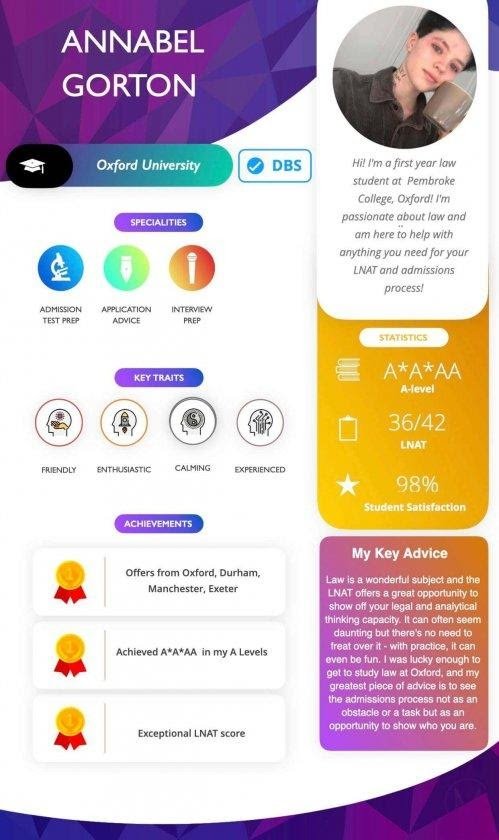
Law Degree Value: Can you do anything with it?
Many begin law school with unclear goals. Of course there are the classic legal professions such as notary, lawyer or judge. After all, studying law has always been considered a sensible decision. But in which professions can you still work with a law degree?
If you study sociology or art history, you often have to listen to “What do you want to become with that?” What you can do with a law degree seems to be clear to everyone. And don’t you doubt your studies! Then you often get to hear that law is rock solid and that all doors are open to you with law. But what cross-industry options are actually there?
These are the typical law professions
When you think of law, you immediately have a lot of great career opportunities in your head:
- Judge
- Prosecutor
- Lawyer
- Notary
- Tutor
In this article, we will take a closer look at what these professions entail and what other professional opportunities lawyers have.
This is how you become a judge
The office of judges is a particularly honorable one. This is where right and wrong is decided and real cases are judged. Since there are real people behind real cases and not just paragraphs, a: e Richter: in must always work and judge particularly carefully. The responsibility is very high in the profession of judges.
Judges are active in all branches of the court: ordinary jurisdiction, labor court, administrative court, finance court, social court, and constitutional court. Apart from the exciting tasks, the always individual cases, the challenge of reaching the fairest possible judgment, there are also attractive career aspects: civil servant status, employment for life after a successful trial period, almost non-dismissal. There are many good arguments in favor of this profession.
To become a judge, law students must have passed the first and second state exams. Practical experience through internships and legal clerkship at a court is of course useful in order to pursue the career path judge: The application is not to be sent to a specific court, but to the Ministry of Justice of the relevant federal state.
First of all, as a judge, you are put on probation. After three years, every judge has the right to a permanent position during a probationary period. When you have achieved this, you are a judge: for life.
So in the beginning you need some stamina, but law students know that from their challenging studies. And it’s worth it – Richter: in is an exciting, exciting, honorable job.

That happens in the prosecutor’s office
The job of the public prosecutor has little to do with the cliché that we get from various previous evening crime series. The task of a public prosecutor is the prosecution and enforcement.
Prosecutors are NOT charged with using any means to prove the guilt of a defendant. The public prosecutor’s office is even called upon to investigate in favor of the accused.
Rather, it is about doing legal detective work: After suspicion of a criminal offense, the facts must first be examined and then the investigation conducted. It can also happen that prosecutors are present at crime scenes and have witnesses and accused questioned.
When the investigation is complete and the facts are sufficient to bring charges, the indictment is filed with the criminal court.
Then work on the court begins: reading out the indictment, taking evidence, holding a closing argument.
A public prosecutor then accompanies the prosecution and ensures that convicted persons go to custody or pay a fine, depending on how the proceedings at the court ended.
For the office of the public prosecutor, law graduates have to show the two predicate exams. Like judges, you will initially work on probation for several years.
Attention: There are different age limits at the public prosecutor’s offices – it is best to find out more about this during your studies and keep an eye on the age restrictions if you want to pursue this career path.

What do lawyers do?
Lawyers are a kind of counterpart to the prosecutor. If the public prosecutor represents the state in court, the lawyers stand on the other side with their (accused or accusing) clients. They represent and advise you in legal matters and at court appointments.
Lawyers can be employed by a law firm or run their own law firm. In addition, lawyers are also active in auditing firms, companies or associations.
A prospective attorney with distinction should have completed at least one of the two exams. In order to work as a lawyer, you must be admitted by the Bar Association.
As a lawyer, you can currently specialize in more than twenty fields:
- Administrative law
- Tax law
- Employment Law
- Social law
- Family law
- Criminal law
- Bankruptcy law
- Insurance law
- Medical law
- Tenancy and condominium law
- Traffic law
- Construction and architects law
- Inheritance law
- Transport and forwarding law
- Intellectual Property
- Commercial and company law
- Copyright and media law
- Information technology law
- Banking and capital market law
- Agricultural law
- International business law
- Procurement law
- Migration law
- Sports law (since July 1, 2019)
Up to three specialized areas of law are possible at the same time.

What do notaries do inside?
The profession of notary is for law graduates who do not want to go to court. In fact, they are there to avoid that. Notaries are used when it comes to the notarization of mortgages, real estate contracts, start-ups of companies, marriage contracts, divorce agreements as well as wills and inheritance matters.
Young professionals: most of the time they start their notary careers as notary assessors. They hold this position for around two to three years before they can call themselves a notary.
Incidentally, as a notary it is also possible to specialize in a subject, for example in family law. Here it is necessary to draw up marriage contracts, notarize marriages and divorces. Notaries should therefore rather not have any fear of contact with very personal, family cases. But you get an exciting job in which you can bring in your legal knowledge.
Off to the law apprenticeship
Most law graduates know this person “Repetitor”. As a lawyer, you have the opportunity not only to apply the law, but also to teach law, for example, as an LNAT tutor, click here to hire one.
Most of course also works as judges: in, in the public prosecutor’s office or as a lawyer. So they are always in the field and can convey their knowledge and experience to prospective lawyers. The job of a tutor is for you if you enjoy teaching others and are good at imparting knowledge.
As a rule, two distinction examinations are also required for the profession of revisionist.
As a graduate: in law there are already many opportunities open to you for very classic professional fields of lawyers. Apart from that, lawyers can also pursue completely different career paths and take on somewhat more unusual law professions.




